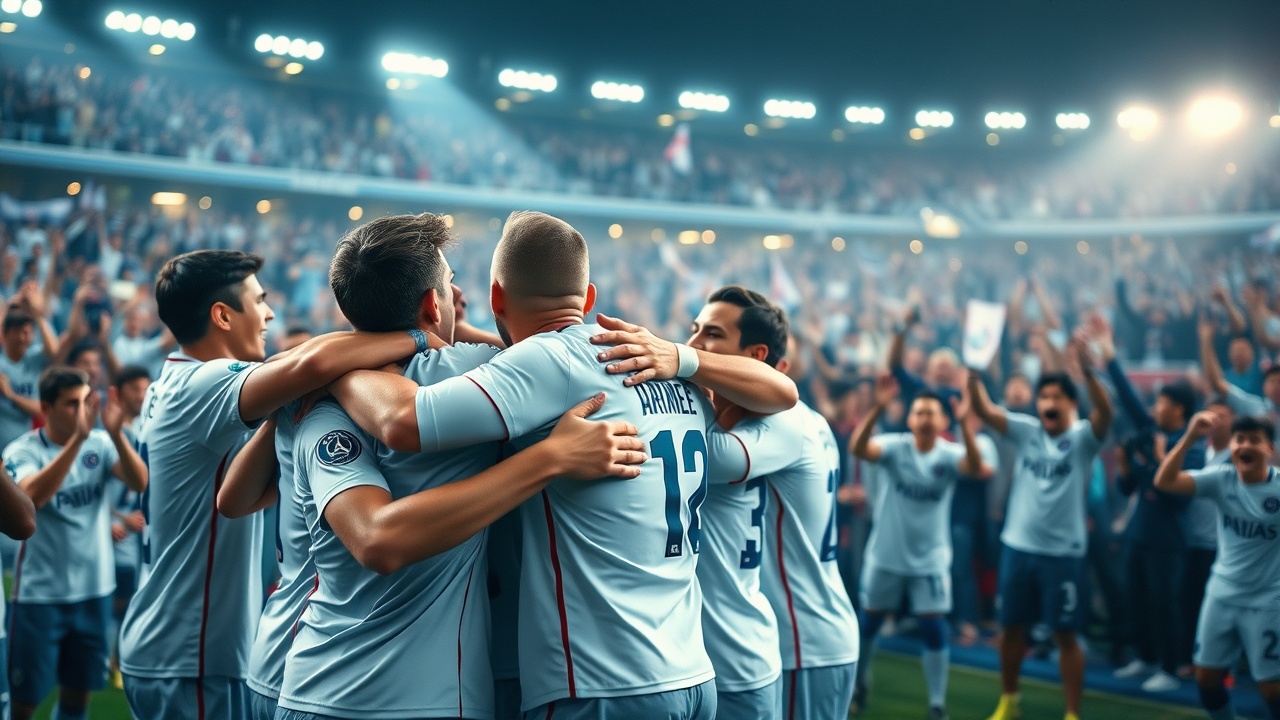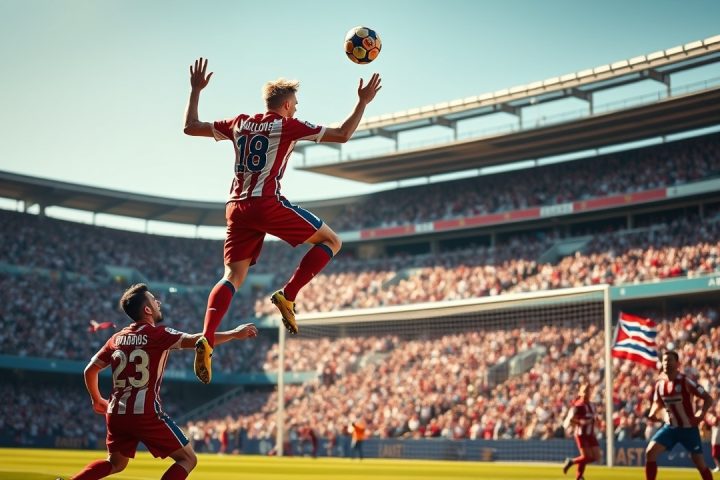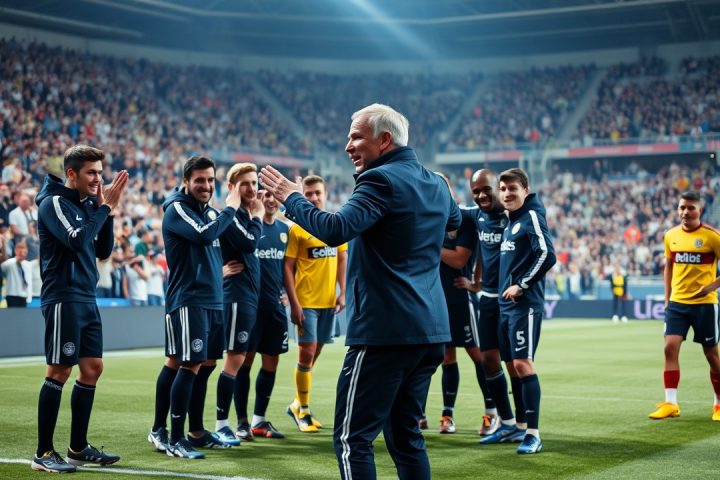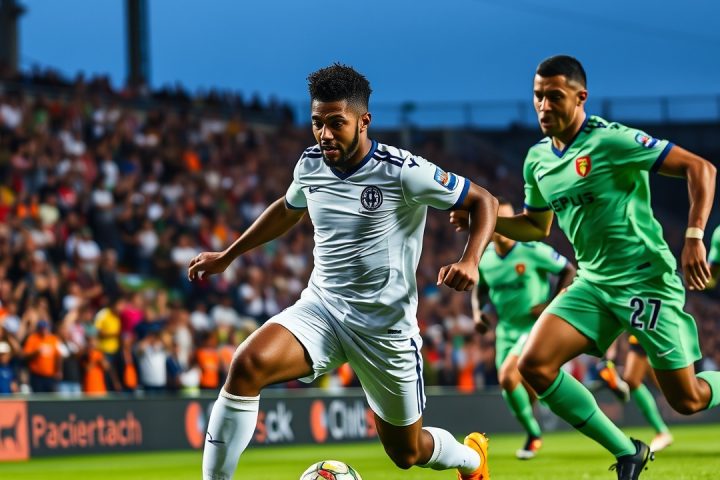Paris Saint-Germain Triumphs in Champions League Final
In a stunning display that saw Paris Saint-Germain (PSG) secure a 5-0 triumph over Inter Milan in the Champions League final held in Munich, Ian Cathro, a seasoned UEFA Pro Licence coach, offered valuable insights into the match. While the focus of the game often centered on PSG’s offensive prowess, particularly the performance of young star Desire Doue and midfielder Vitinha, Cathro emphasized that it was the team’s defensive tactics that ultimately determined the outcome.
Insights from Ian Cathro
Cathro, who has coached at various levels including a stint alongside Nuno Espirito Santo at several clubs, has notably led Estoril to their best league finish in nearly a decade in Portugal, demonstrating his keen understanding of defensive strategies. Highlighting PSG’s out-of-possession play, he noted how their effective pressing disrupted Inter’s usual game flow, stating,
“PSG’s pressure has taken Inter out of their normal routines with the ball, and that’s the thing that helps you grow into a final.”
Defensive Tactics Make the Difference
Against a backdrop of intense competition, Cathro pointed out key moments where PSG’s defensive discipline thwarted Inter’s efforts. He described a notable instance involving Achraf Hakimi, who strategically pressed to force a turnover, illustrating PSG’s commitment to denying inside passes and maintaining compact lines.
As the game progressed, Cathro continually praised PSG’s coordination and intensity, specifically praising Vitinha’s role in nullifying Inter’s attacking threats.
“PSG’s pressing — the little details — has been really good,”
he remarked, pointing out moments when players stepped up to pressure the ball, ultimately forcing Inter’s goalkeeper, Yann Sommer, into uncomfortable situations that led to long, ineffective clearances.
Critique of Inter’s Strategy
Cathro also criticized Inter’s lack of counterattacking urgency, noting,
“We’ve not seen one Inter counter-attacking situation from established PSG attacks.”
He indicated that this passiveness contributed to PSG’s ability to dictate play, further emphasizing how effective ball recovery and pressing can determine a match’s direction.
In his analysis, he identified Inter’s attempts to contain PSG through a rigid 5-3-2 formation as ineffective, observing that the defending side appeared to allow PSG too much space, making it challenging for Inter to instigate an effective attack.
“Inter were close to passive,”
he assessed, drawing attention to how Inter’s reluctance to engage actively not only hampered their offensive play but also allowed PSG to exploit their weaknesses seamlessly.
Recommendations for Improvement
Reflecting on the importance of adjusting tactics under pressure, Cathro discussed potential strategies for Inter to enhance their play, suggesting the addition of more offensive players to challenge PSG’s pressing. He opined that the team’s strategy should evolve as they faced adversity, stating,
“Rip the piece of paper up and start again. I’d be adapting completely and I’d be going on top of them.”
Conclusion: Teamwork and Tactical Execution
With moments of brilliance and tactical discipline, PSG emerged as champions not just through their ability to score, but through their collective understanding of pressure and space. Cathro concluded that the victory was emblematic of a young team that exhibited fearless play, which, in his view, is essential for the sport’s evolution.
Contemplating the realities of competition, he expressed empathy for Inter’s coach, Simone Inzaghi, suggesting that every coach understands the weight of such losses. Ultimately, the lesson from this encounter highlighted how teamwork and tactical execution can triumph over individual experience and strategic planning—a narrative Cathro believes is crucial for the future of football.




